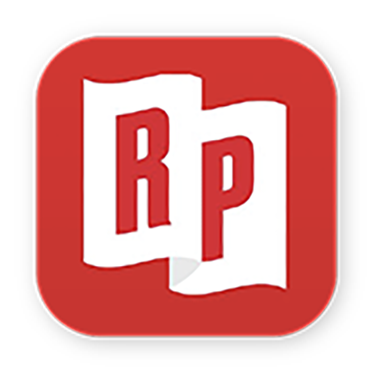Julie Ford 14:29
Surprise question for you, Alyssa, do you think it's time for internal communications to be rebranded? And if so, how would you rebrand the function?
Alyssa Zeff 14:39
Yes and no. It depends on the organization. I see what's happening in many organizations. The employee experience is starting to encompass internal communications and report up to like a CHRO. So, if you are responsible for the overall employee communication, employee experience, excuse me, then I think you can be rebranded as employee experience employee engagement. But there are a lot of other things that go into that beyond communication. On the other side of that, if you are truly a communication function, and either you sit within a business unit or you report into a chief communication officer or something like that, then I think the branding of communication is correct. I think I like the word employee versus internal. So that's one nuance, I think it speaks to more what we do, because that's who we are, that's our audience, those are our stakeholders, those are our consumers, not just something that lives within the walls of a building, virtual or not. But it's actually there is an audience there.
Julie Ford 15:58
For sure, it's a question I've been asking people that I've been speaking to, and everyone has a really different and unique answer. But you know, I think people have a perception of what internal communications means, right? And it's a function that's been around with the same name for a long, long time. That's what triggered that question for me. I'm like, hmm, if this really is a strategic function, maybe it needs a new brand, or it needs to be revived and repositioned in some way that gains that respect, immediately.
Alyssa Zeff 16:32
And what a great recommendation to somebody who's trying to demonstrate their value. If that's what you're trying to do within your organization, and your remit includes a lot of that, then definitely rebrand yourself, you know, it should reflect the work that you're doing.
Julie Ford 16:53
Definitely. So, it's not necessarily a universal across the board, let's rebrand the function. It's case by case company by company, professional by professional.
Alyssa Zeff 17:02
It's what the advice that I've given today requires work a lot of hard work. And it requires understanding how your business works, understanding how your company organization works. If you want to have that strategic seat at the table, you have to have the strategic knowledge. We are sometimes required to know more about every function and every business unit than many other functions because we touch all of them. So, if that's what you want, then go for it. Rebrand yourself, and roll up your sleeves and be that strategic advisor.
Julie Ford 17:46
Take the lead, right, step up and take the lead and make it happen. Great. You've shared so many incredible insights today, Alyssa. I'm so glad that you were able to join me and have this conversation. If our listeners want to get in touch with you, what's the best way for them to do that?
Alyssa Zeff 18:00
Definitely go to the Davis and Company website, which is Davis and co dot com. And you can find our contact information on there and me on there, for sure.
Julie Ford 18:10
Awesome. Well, thank you again so much, and I look forward to connecting with you again soon.
Alyssa Zeff 18:14
Thank you so much for having me.
Julie Ford 18:16
Thanks for listening to the ICON podcast. This podcast has been brought to you by Sparrow Connected. Head over to sparrowconnected.com to learn more about the internal comms platform that is elevating the internal comms profession. And be sure to follow “we lead comms” on LinkedIn. If you liked this podcast, please subscribe on your favorite podcast channels and tune in for the next episode.










.webp?width=480&name=email%20banner%20(5).webp)
.webp?width=480&name=email%20banner%20(4).webp)
